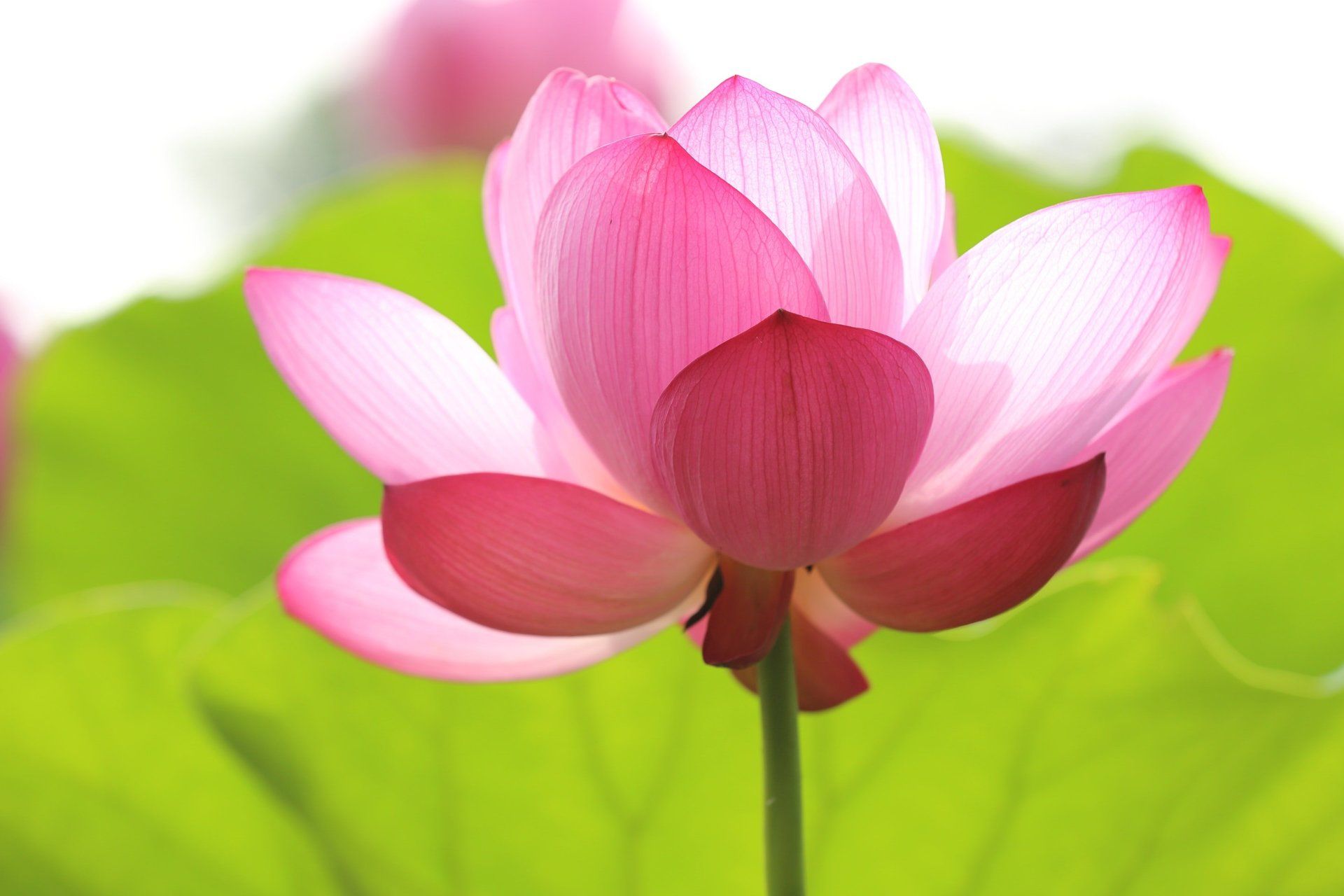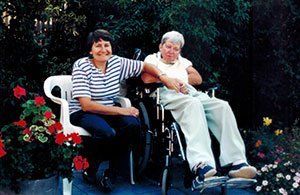The Boots of Discovery
An old pair of hiking boots and a mold-tinged backpack went out in the garbage this week. It was not until I saw them lying in the bottom of my black wheeled garbage container that I felt their loss, I started reflecting on what they meant to me.
In 1977 I bought an around the world air ticket. Vancouver to Vancouver, traveling only west and not crossing the equator. The dates for the first three flights were booked, the rest of the ticket was blank. The ticket was valid for a year. I would travel until my money ran out with the knowledge that I would always make it home. I was 31 years old. An acquaintance was prepared to start the journey with me, but was not sure at what point she would be bailing out. I was to find out while in Japan that her decision depended on the actions of a certain man in Vancouver. I do not judge her motive for skipping town, as it provided me with the initial support I needed to embark on the trip. Within four months, the certain gentleman had capitulated and she flew off to meet him. At which point I heaved a sigh of relief and vowed to ensure in future that any traveling companion I had, was focusing on the here and now and not the there and now.
Traveling has always been part of my life but this episode was the first to be of longer duration and to Asia and countries with non European languages. I bought new boots to begin the journey and a light backpack for in between traveling. As was common in the 70’s, I stitched a Canadian flag on the front and a smaller badge showing the Union Jack and the flag of the Isle of Man, the place of my birth. After spending 6 weeks in Japan, the first country to discover, I stitched on that country’s flag and since Greece was the last new country on that sojourn, that blue and white pennant would later be there.
The boots and pack were with me when I walked the streets of Tokyo and Kyoto, when exploring palaces and temples in Nara and Nagoya. They sailed on the Star Ferry between Hong Kong Island and Kowloon; They were with me when watching the sunrise over Mt Everest from Nagakot in Nepal and they were on the River Ganges at dawn in Varanasi near the drifting smoke of the funeral pyres. They witnessed a bright red sunset on the Arabian Sea while on the old Bombay Steamer sailing overnight from Panjim (Panaji), Goa to Mumbi, or Bombay as it was then. They were with me to watch the craftspeople at work in Chang Mai in Northern Thailand and helped me distance myself from irate mullah in an increasingly radicalizing Iran. In that same country, I walked the ruins at Persepolis and in Egypt I explored the Temple at Luxor and saw the Sphinx at Giza.
I placed them on the starting line of a racing track in a field edges with poppies in Olympia Greece. After a month in Greece, I knew the saved money was running out and I felt I needed to go home. I spent a while in Britain visiting friends and family and then headed back to Canada.
I had discovered I could rely on myself in strange and sometimes dangerous places. On this journey I met many travelers wandering Asia, younger than me. Many hippies resided in places from where they probably would never afford to go home. Arriving by bus at a beach area in Goa, I was met by many thin and dysentery riddled young men and women begging. Not for money but for any medications a person might be carrying and no longer needed. I knew at their age, no way could I have embarked on such journeys. But here I was, 31, learning that I could look after myself and so relieved I had a ticket home. I have traveled much since then, but know I could not do it if I didn’t have a ticket home.
In 1982 a conference in Sydney and the opportunity to conduct a lecture tour in Australia and New Zealand became realities. I worked long hours so that I would be able to take 6 months off to travel. The boots came with me.
Ayers Rock, a massive Monolith in the Australian Outback is sacred to the Aboriginal people and can no longer be climbed by tourists. But in 1982 it was the tourist thing to do. I was there in the winter, the only season where it is cool enough to climb at high noon. On the horizon 25kms away are the Olgas.
After 4 months of traveling and speaking in both countries, I headed to Fiji and then to French Polynesia.
On windswept Easter Island, which belongs to Chile, I saw the Moai and stood in awe. Tourism was not a major enterprise in those days, the cruise ships hadn’t started. A friend of mine was there last year. She showed me photos of neatly cut grass and marked paths for walking and areas cordoned off no longer accessible. I had waded through knee high grass to touch the huge heads still on hillsides unfinished. I climbed to the edge of the volcano’s crater via any route I chose. Better that I saw it windswept, unkempt and unmanicured. Better I experienced it alone; the ice cold waters and the biting wind, the dark staring faces and the birdman carved rocks.
I wore the boots at the airport in Rappa Nui and saw that our plane with engine trouble was not going to land but head straight to Santiago Chile for repairs. With no incoming passengers, our rooms at the hotel were still vacant. There were six of us who spoke English; four from Switzerland on a diplomatic posting in Argentina, a woman from Sacramento California and me. With no fresh food, the hotel served us what they had plenty of locally – lobsters. I continued developing my taste for Pisco Sours. We caught the next plane 2 days later.
The boots and backpack ended their days in Toronto where I moved to in 1978. For many years the boots with thinning soles were worn while gardening. Then the heals disintegrated. The backpack just hung on a hook in the laundry room.
To part with these connections with the past is hard. But they were facilitators. They themselves did not create the joy of the experience. The memory is inside me, is scripted on paper and is immortalized in photographs. The boots went in the garbage this week having served me well for 37 years.











